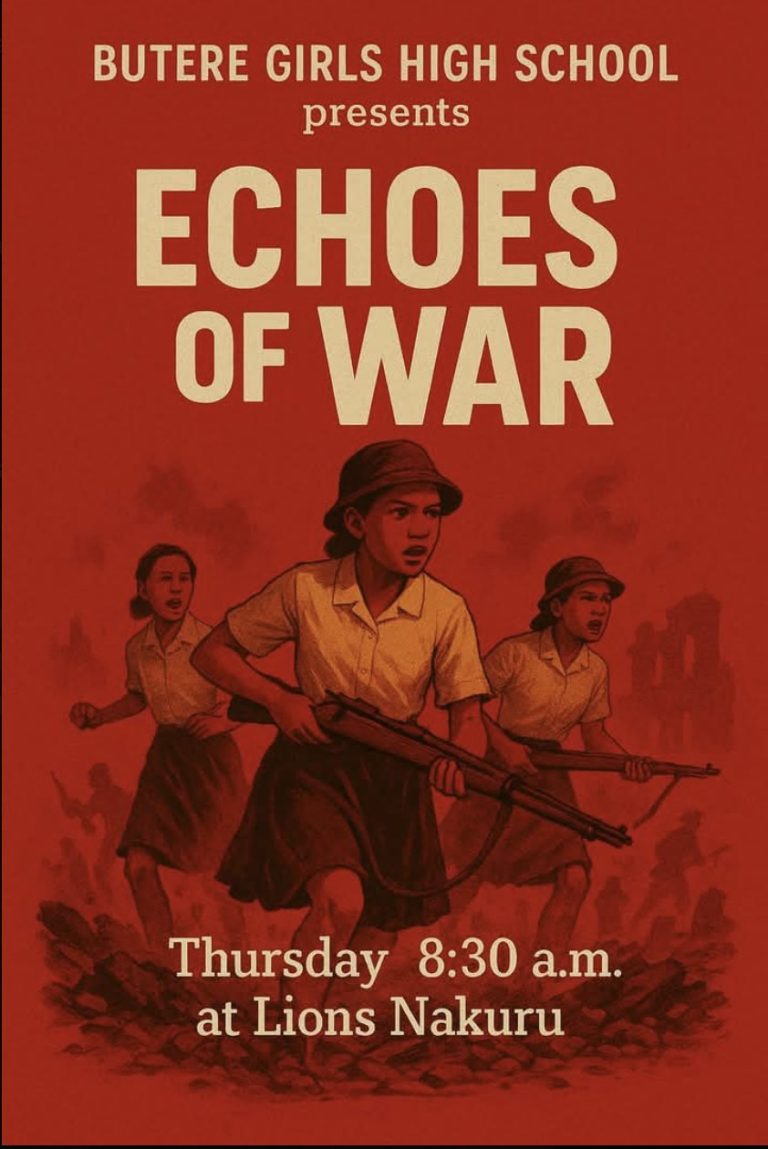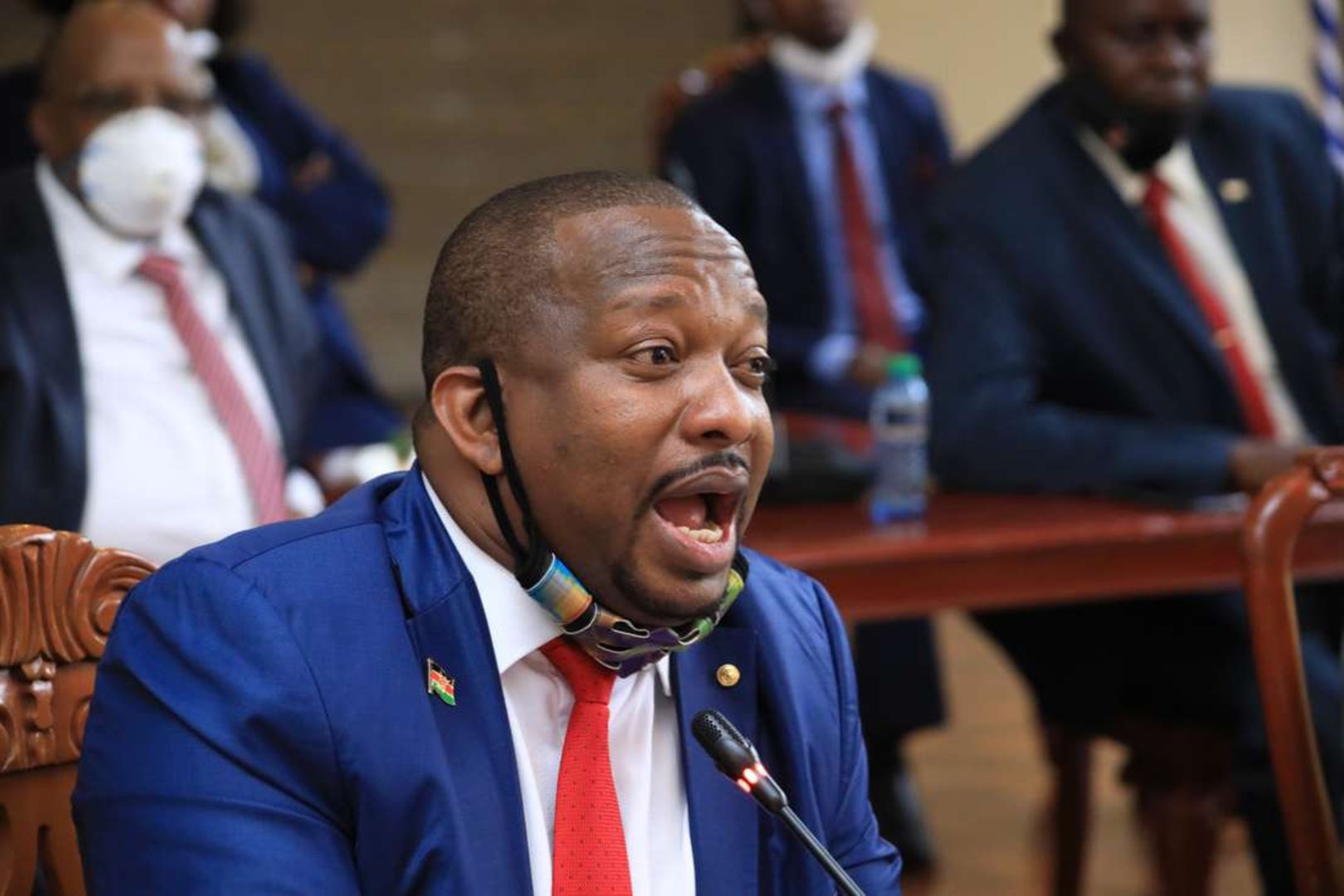Malala’s Arrest and the Drama Controversy
Cleophas Malala was arrested on April 9, 2025, as he made his way to Kirobon High School to oversee rehearsals for his play, Echoes of War, which was set to be performed at the ongoing national drama festivals.
His arrest has sparked public debate, with many questioning the legality of his actions. Malala, who has been actively involved in writing and directing plays for schools, decried the actions of the state, calling his arrest an attempt to suppress his artistic expression.
He expressed his frustration in a video posted to social media, where he revealed that more than 50 police officers were sent to arrest him.
“I’m being arrested for writing a play,” Malala said in the video, visibly upset. “What crime have I committed? You’re bringing 50 police officers to arrest me for writing?”
His comments raised eyebrows and drew public attention, as many people, including politicians, criticized the arrest as an attack on free speech and creativity.
However, according to Sossion, Malala’s actions are a violation of the law. He argued that school drama is a part of the official curriculum, and only registered teachers can direct or supervise these activities.
As Malala is not a teacher, Sossion claimed that he was unlawfully participating in these school programs.
Sossion’s Concerns About Malala’s Actions
Wilson Sossion, a practicing teacher, expressed his concerns during a live interview on April 10, 2025. He emphasized that the Teachers Service Commission Act of 2012 makes it clear that only registered teachers can be involved in school drama festivals.
Sossion explained that Malala, by writing scripts and directing plays at schools, was breaking the law.
“The law is clear. If you are not a registered teacher and you are writing scripts and directing school plays, you are committing an illegal act,” Sossion stated.
He criticized the disregard for this law, pointing out that some individuals were trying to make the issue political rather than addressing the legal implications of Malala’s actions.
Sossion also warned against allowing emotions and political sentiment to cloud the enforcement of the law. He urged that Malala’s illegal actions should not be overlooked just because of his political standing or popularity.

The Public’s Reaction and Legal Developments
While Sossion has focused on the legal aspects of Malala’s involvement in school drama, the public has reacted differently.
Many people, including politicians and members of the public, have condemned the arrest, viewing it as an attack on artistic freedom and freedom of expression.
Dennis Itumbi, the Head of President’s Special Projects and Creative Economy, publicly supported the reinstatement of Malala’s play.
A court had initially ordered the play to be dropped, but it was later allowed to go ahead after a court ruling.
This development has raised questions about the role of the government in regulating artistic expression and whether the actions against Malala were politically motivated.
In conclusion, the arrest of Cleophas Malala has sparked a broader debate about the intersection of law, politics, and artistic expression.
While Sossion firmly believes that Malala has broken the law by directing school plays without being a teacher, others see it as an unnecessary attack on creative freedom.
The situation continues to unfold, and it remains to be seen how the legal and political aspects of this case will develop.













































